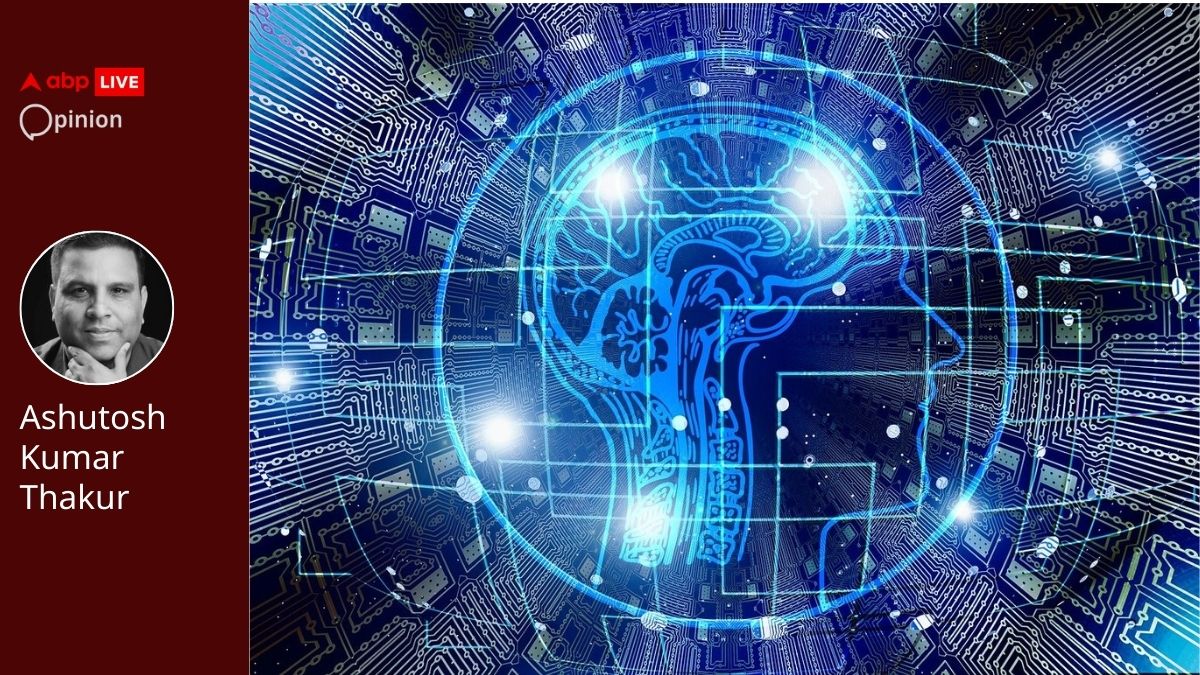In this modern era, by integrating machine learning into mobile education, technology is reshaping how people learn languages. The growing influence of AI in education is making learning more adaptive and user-focused. Kamal Gupta, a researcher in the field, delves into these advancements in his latest analysis.
His work explores the technical innovations driving personalized language learning, making education more accessible and efficient than ever before. Machine learning has introduced a paradigm shift in language education by enabling personalized learning experiences. By analyzing millions of data points per user, AI-powered platforms can predict proficiency levels with remarkable accuracy.

These systems tailor lessons based on individual learning patterns, ensuring that students receive content suited to their pace and skill level. The use of adaptive learning frameworks has significantly improved engagement and retention rates, making language acquisition more efficient. One of the biggest challenges in mobile education is balancing performance with efficiency.
Advances in TensorFlow Lite have enabled edge computing, allowing mobile applications to run complex AI models without relying heavily on cloud computing. Through quantization techniques, model sizes have been reduced by up to 76%, maintaining accuracy above 98%. This optimization ensures that learners can access AI-powered education even on mid-range devices without excessive battery consumption.
Deep learning advancements in speech recognition have greatly enhanced language education apps. These applications now use convolutional neural networks and recurrent neural networks to process speech with high accuracy, even in noisy environments. Native and non-native speakers alike benefit from pronunciation assessments that leverage AI-driven evaluation, refining speech patterns and improving fluency over time.
Natural Language Processing (NLP) has revolutionized how learners interact with educational content. Transformer-based models, optimized for mobile platforms, enable real-time grammar correction, contextual understanding, and vocabulary enhancement. AI-driven NLP tools ensure that users receive instant feedback, helping them refine their language skills dynamically.
The integration of reinforcement learning algorithms has further personalized the educational journey. By analyzing past performance, these systems adjust difficulty levels dynamically, ensuring an optimal balance between challenge and mastery. Spaced repetition techniques, guided by AI, have proven to enhance vocabulary retention, making long-term learning more effective.
Staying patching between innovations, AI will really application in mobile education. The major issue that has been associated with this is how power consumption is closely managed, since unoptimized models quickly draw on the energy resources of devices. Luckily, recent advances have cut the power consumption by 65% and have helped conserve battery life while keeping performance alive.
Memory management and excellent caching strategies will ensure the applications of language work, even with little space. For AI-driven education to be truly effective, cultural and linguistic diversity must be taken into account. Personalization engines now incorporate region-specific language variations, ensuring that users from different backgrounds receive contextually relevant instruction.
Moreover, applications are being optimized for lower-end devices, ensuring accessibility for learners worldwide, regardless of technological limitations. With the accumulation of vast streams of user data, privacy is a very serious issue. Modern apps employ on-device processing for sensitive data, avoiding cloud storage.
Where users' data must remain secure, encryption and compliance with data protection regulations ensure that possible optimizations to the system can still be made. Inevitably, the educational realm will serve an AI purpose beyond language learning. AI-powered tutoring, chatbots, and real-time performance tracking capabilities will all redefine students' interactions with content.
Thus, the personalized study plans offered by these technologies would be able to pinpoint and provide real-time help in teaching a struggling student, complying with the principles of efficient learning. Another break in the horizon could see the AI being used to create curricula where the functioning and machine learning acting on student performance data might produce customized learning materials. Hence, this will help the educator work further with effective methods of teaching depending on the unique needs of each student.
With another wonderful muscle of AI to handle and analyze huge datasets, education systems all over the globe will also be on a fast track to greater efficiency and better learning outcomes. In conclusion, with continuous advancements in AI and machine learning, the future of language education appears bright. Adaptive learning, speech recognition, and NLP innovations are making education increasingly engaging and efficacious.
As researchers like Kamal Gupta extend the frontiers of what's possible, language learning will evolve further, putting personalized education in the hands of a much wider global population. The growing role of AI in education will not only cause refinement in language learning but will also change how learning takes place across many disciplines, thus paving the way toward a smart data-driven future..
















